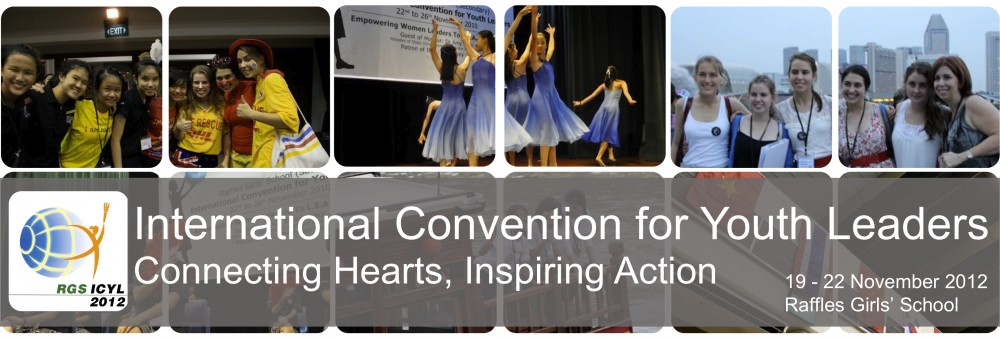Groups become increasingly important. There is no “outsider” or “insider”. There are no boundaries between cooperate teamwork, and one must establish strategic partnerships and informal contacts to be successful. Dynamics in groups are important, but dynamics between groups are important as well. You need to be there for other groups, as well as have other groups support you when you need their expertise. Most importantly, include your team in decision making. Knowledge workers advocate better ways of doing things, even if it is just a once off act.
The meaning of leadership needs to change. Leadership in the 21st century is no longer a fixed role. In a fluid, dynamic environment where innovation rules, leadership is only an occasional act that can come from any direction including outside the group. 21st century leadership is thought leadership, an occasional act that all employees can show even if they have no inclination to be a manager.
Read more at Suite101: 21st Century Leadership: The Changing Meaning of Leadership | Suite101.com
